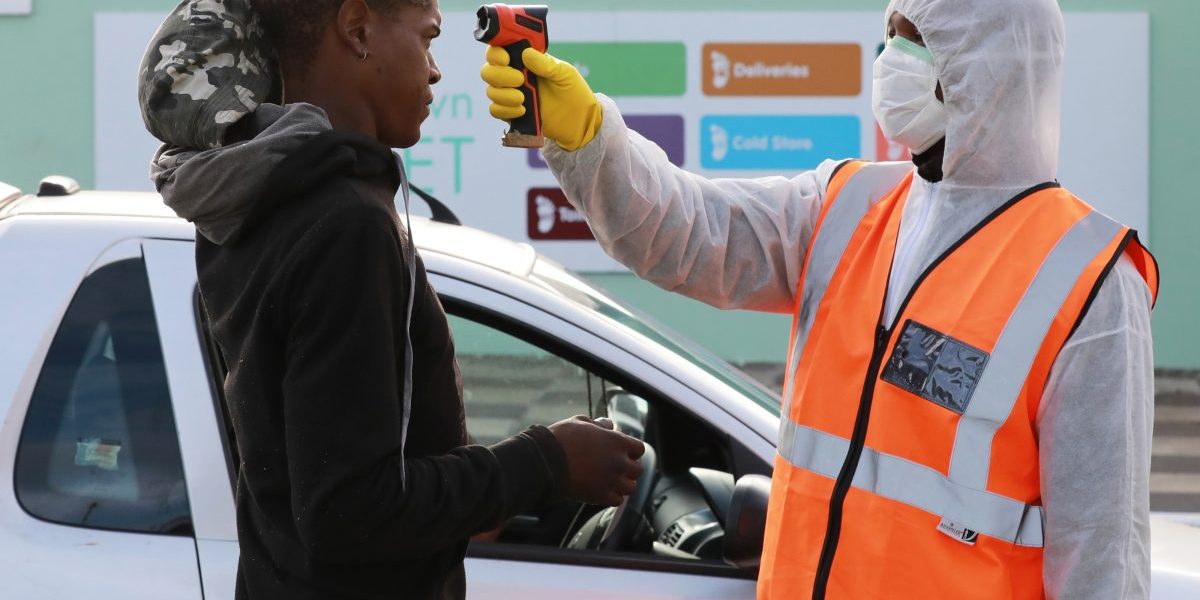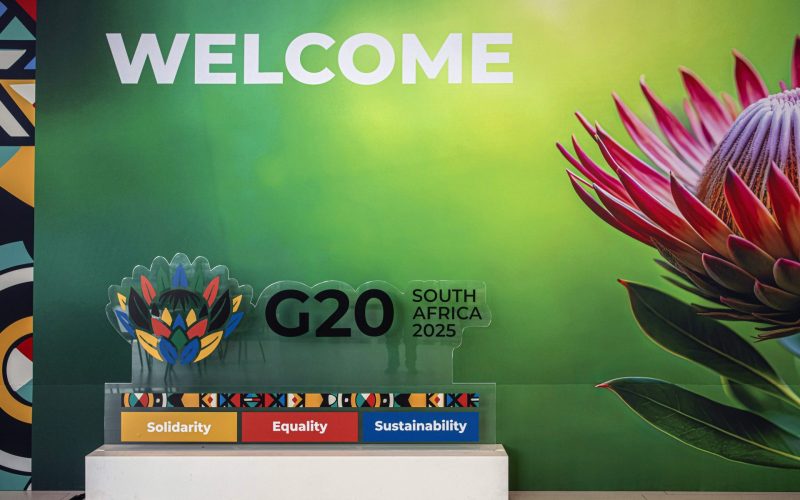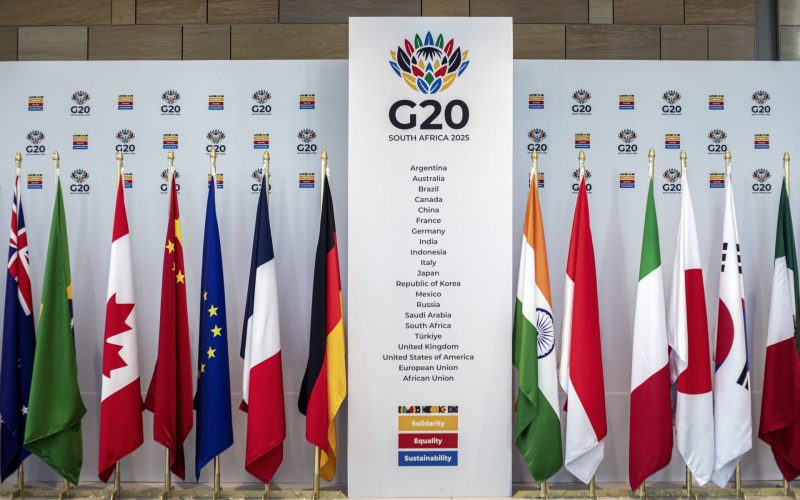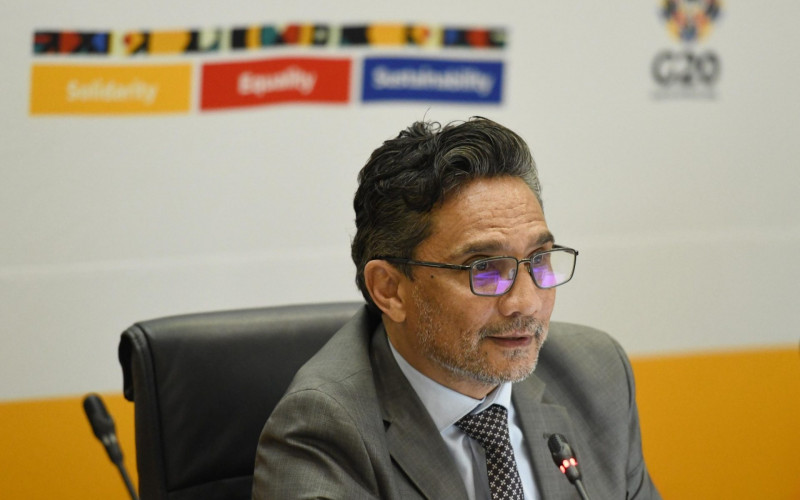Summary
- Africa reacted rapidly and collectively to COVID-19, predicated on fears that the disease would overwhelm fragile health systems and sluggish economies.
- The Africa Centres for Disease Control and Prevention was pivotal to mounting a continental approach to the effects of COVID-19. The continent called for debt relief, pooled procurement and fair vaccine distribution with a united voice.
- South Africa’s precarious economic position and social inequalities were exacerbated by the pandemic. Trade was severely disrupted, as were tourism, hospitality, food security, small businesses and many other sectors. President Cyril Ramaphosa has been praised for decisive leadership, regular communication and reliance on scientific information.
- In Nigeria, the pandemic has been far less severe to date, but less testing has been conducted compared to South Africa. Nevertheless, COVID-19 put additional pressure on Nigeria’s ailing public healthcare systems.
- Nigeria has drawn heavily on its experiences with polio and Ebola to respond to COVID-19 and instead of a nation-wide lockdown initially, Nigeria imposed lockdowns in heavily affected states. This approach led to tensions between the federal and state governments.
- In both countries, security forces have often used violence to enforce lockdown regulations, and there have been threats to media freedom. The lockdowns have been severely criticised for their adverse effects on jobs and livelihoods.
- Africa has thus far been more prepared and has fared much better than expected in handling COVID-19, but the on-going impact from economic hardships will have a much great and longer lasting impact than the deaths caused by the virus. Countries like Nigeria and South Africa have managed to ‘flatten the curve’ but are still dealing with the socio-economic consequences of lockdowns.








